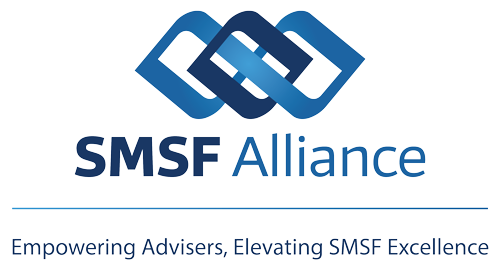How will SMSF administrators minimise the compliance risks and procedural disruption of the TBAR regime?
This year, SMSF trustees must consider whether they are permanently locked into a quarterly reporting regime for certain pension events. All such SMSFs must lodge a TBAR for reportable events that occurred in the 17/18 financial year by 28th October and quarterly thereafter.
Quarterly reported events are;
- Commencement of a new pension or
- Commutation of an existing pension
Quarterly reporting funds will require special ongoing consideration. Gone are the days when members can wait until their audited member balances are available before retrospectively completing pension paperwork. Pension documents will need to be completed at commencement using best estimate balances. Also removed is the ability to consider whether a payment is a pension or a lump sum commutation when completing the fund accounts after year’s end. Consequently, yearly administration is no longer a valid option for such funds. So how do we know if an SMSF is a quarterly lodger? It all depends on the total super balances of members at 30 June 2017.
If at least one member of an SMSF has a total super balance of $1m or more at 30th June 2017 then that fund is permanently locked into the quarterly reporting regime. Let’s look at a couple of unrealistic, but illustrative, examples.
- A 4 member fund with each member holding a balance of $950k at 30th June 2017 – not quarterly
- The same fund but one member has $50K in another fund – quarterly
- The same fund as 1 where one member contributes after 30th June 2017 resulting in a member balance of $1.3m by 30th June 2018 – not quarterly
- The same fund as in 2 but, due to withdrawals, no member has more than $950k as at 30th June 2018 – quarterly
- The same fund as in 2 but 3 members roll out and the remaining member withdraws all but $200k by 30th June 2018 – quarterly
As you can see, it is not intuitively clear whether a fund is a quarterly or yearly reporter as the years go by. In addition, the determination is one of self assessment. The TBAR is a prescribed form and penalties can apply for late lodgement. The ATO’s current focus is on education and support so I would not expect penalties in these early stages, but this will change in the future.
The permanent nature of the reporting status has a clear potential for some unreasonable outcomes given that eligibility is not reassessed based on the changing circumstances of members. The only conclusion I can draw from this is that the current eligibility is a “soft” introduction to quarterly reporting with the ATO intending to impose it on all SMSFs before too long.
In addition to the quarterly reporting regime there are certain commutations that must be reported earlier for all funds and, in any case, there are some commutations which, if not reported, could result in a member’s transfer balance account being incorrectly reported as excessive.
How do administrators respond, amidst this confusion, to minimise the risk of non-compliance in a practical manner?
We will be reporting monthly for both quarterly and annual reporting funds from the end of the first quarter. This will cover all necessary reporting scenarios. Though annual reporting funds will be reporting earlier than required it will not prevent them from reporting events that occurred much earlier than the last quarter. As we do not charge for pension establishment, administration or commutations the SMSFs we administer will not incur any additional costs.


